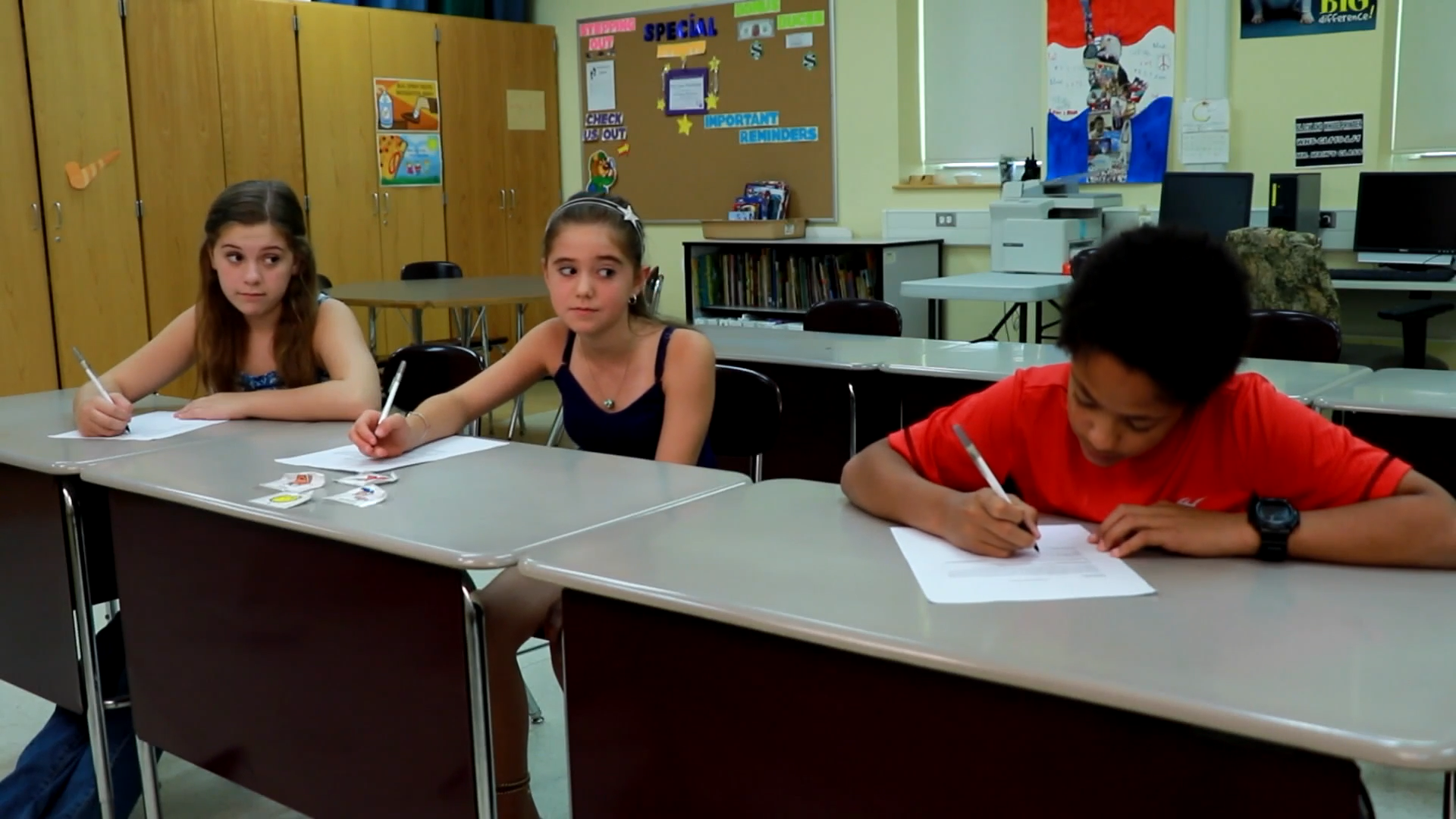
As educators, it’s essential to teach our students how to be considerate and respectful when sharing spaces with others. By incorporating principles of Social-Emotional Learning, we can help students develop empathy, self-awareness, and social awareness. This blog post will discuss an engaging no-prep activity to teach high school students the importance of being mindful of others in shared spaces, as well as provide discussion questions and related skills to further their understanding.
Introduction
In today’s fast-paced world, it’s crucial for students to understand the importance of being mindful of others when sharing spaces like classrooms, hallways, or even public transportation. When students learn to be considerate of those around them, they develop essential life skills such as empathy, effective communication, and conflict resolution. In this blog post, we will explore how to teach high school students to be mindful of others in shared spaces by using a simple, no-prep activity and thought-provoking discussion questions.
No-Prep Activity
This activity requires no preparation or materials from the educator and can be easily implemented in any classroom setting. The activity is called “Silent Observation.”
- Divide the students into pairs and have them sit facing each other.
- Ask the students to spend one minute silently observing their partner.
- After the minute is up, have each student share one thing they noticed about their partner during the observation. This could be a facial expression, body language, or even something they were wearing.
- Encourage the students to discuss how their observations made them more aware of the other person and how being aware of others can help them be more mindful in shared spaces.
By participating in this activity, students learn to pay attention to the people around them and understand the importance of being considerate in shared spaces.
Discussion Questions
After completing the no-prep activity, use these discussion questions to stimulate further conversation and understanding among your students:
- How did it feel to silently observe your partner? Did you notice anything you wouldn’t have noticed otherwise?
- How can being more aware of others help you be more considerate in shared spaces?
- What are some ways you can show respect and consideration for others when sharing spaces like classrooms or public transportation?
- Can you think of a time when someone was not considerate of others in a shared space? How did it make you feel?
- How can being mindful of others in shared spaces contribute to a positive and supportive learning environment?
Related Skills
Teaching students to be mindful of others in shared spaces goes hand in hand with other essential social-emotional skills, such as:
- Active listening
- Empathy
- Respect for diversity
- Conflict resolution
- Effective communication
By incorporating these related skills into your curriculum, you can help students develop a well-rounded understanding of how to be compassionate and respectful individuals in various social situations.
Next Steps
Now that you have an understanding of how to teach students to be mindful of others in shared spaces, we encourage you to explore more resources and activities to support their social-emotional growth. Sign up for free samples of our skill-building materials and discover additional activities, videos, and lessons designed to help your students develop essential life skills.









